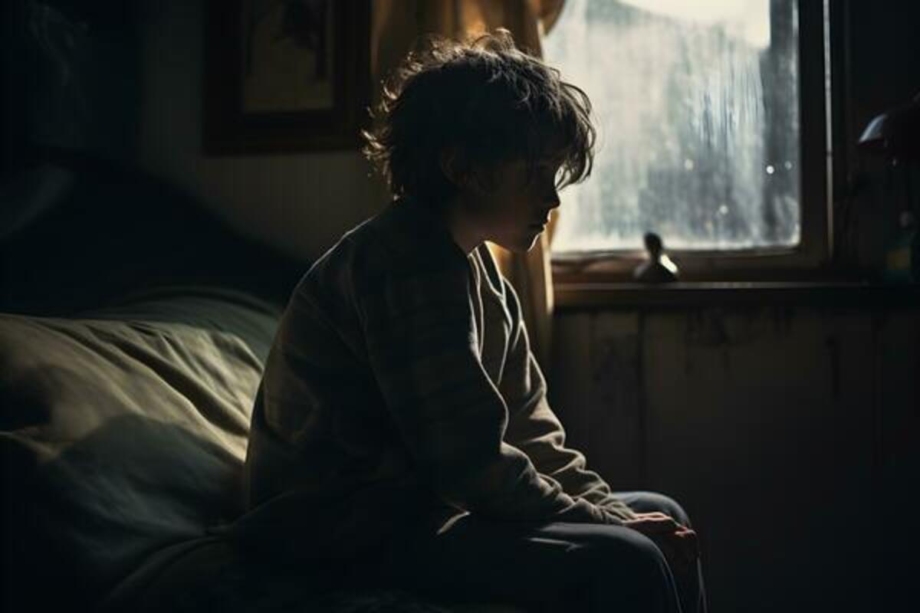What is Child Sexual Abuse?
Child sexual abuse is any sexual activity with a child. This can include touching, kissing, or any other sexual behaviour. It is a serious crime and can happen to any child, regardless of age, gender, or background.
In Australia, child sexual abuse is a serious crime. You can report it to the police or child protection services. The law is designed to protect children and ensure that abusers are held accountable. A child can never agree to any sexual activity.
Child sexual abuse is a serious problem because it causes lasting harm to children. Understanding what child sexual abuse is and how to get help is important to protect children and ensure their safety and well-being. By knowing your rights and seeking support, you can help end this abuse and provide a safe environment for all children.
Child sex abuse is a serious crime. In Australia:
- Children have the right to be safe and protected from harm.
- Child sexual abuse is never the child's fault, and it is important to reassure them.
- Help is available, and you and your child are not alone.
Forms of Child Sexual Abuse
Child sexual abuse can happen in many ways. Here are some examples:
- Touching: Any sexual touching or fondling of a child.
- Kissing: Kissing a child in a sexual manner.
- Exposure: Showing a child sexual images or exposing them to sexual acts.
- Exploitation: Using a child to produce sexual images or videos.
- Coercion: Forcing or manipulating a child to engage in sexual activities.
Where Can Child Sexual Abuse Happen?
Child sexual abuse can happen anywhere. Here are some common places:
- Home: By family members, relatives, or visitors.
- School: By teachers, staff, or other students.
- Community: By neighbours, friends, or acquaintances.
- Online: Through social media, messaging apps, or online games.
Recognising Child Sexual Abuse
Recognising child sexual abuse can be difficult, but some signs include:
- Sudden changes in behaviour or mood.
- Unexplained injuries or infections.
- Fear of certain people or places.
- Sexual knowledge or behaviour that is not appropriate for their age.
- Withdrawal from friends or activities they used to enjoy.


